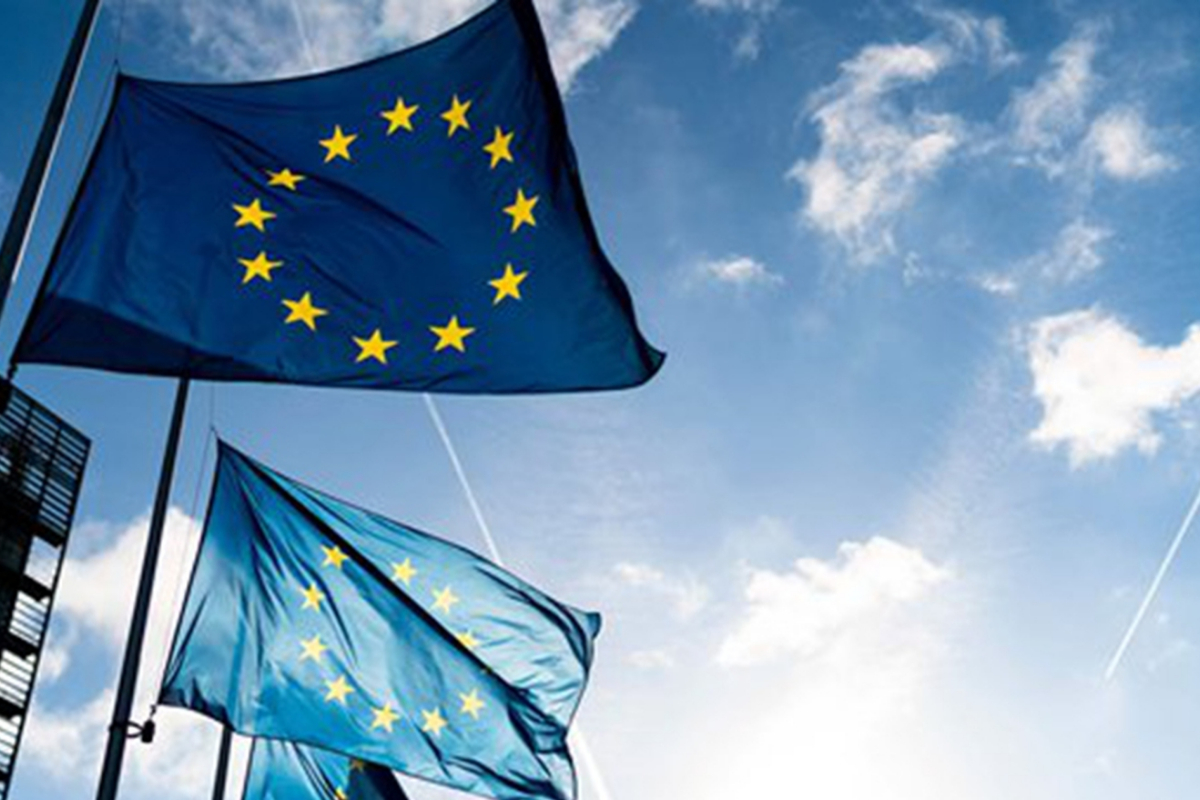Europe’s Landmark AI Regulations: Aiming for Ethical and Transparent AI
EU finalizes historic AI regulations. High-risk AI under strict oversight. Bans on...

Europe Reaches Milestone AI Regulation Accord
European Union (EU) reached a provisional deal on Friday to enact comprehensive regulations governing artificial intelligence (AI), positioning itself as a global standard setter. After nearly 15 hours of negotiations and a preceding 24-hour debate, EU countries and European Parliament members made significant strides in shaping the future of AI governance.
European Commissioner Thierry Breton hailed the agreement as a “historical day,” emphasizing Europe’s commitment to pioneering responsible AI practices globally. The accord primarily focuses on transparency obligations for foundation models like ChatGPT and general-purpose AI systems (GPAI) before they enter the market.
Under the agreement, high-impact foundation models must adhere to rigorous transparency measures, including technical documentation, compliance with EU copyright law, and detailed summaries of training data. Additionally, models with systemic risks face stringent evaluations, adversarial testing, reporting to the European Commission on incidents, cybersecurity measures, and energy efficiency reporting.
Real-time biometric surveillance by governments in public spaces is restricted to cases involving certain crimes, prevention of threats, and searches for suspects in the most serious crimes. The deal explicitly bans cognitive behavioral manipulation, untargeted scraping of facial images, social scoring, and biometric categorization systems to infer sensitive personal attributes.
Consumers are granted the right to launch complaints and receive explanations, with fines for violations ranging from 7.5 million euros ($8.1 million) or 1.5% of turnover to 35 million euros or 7% of global turnover.
While hailed as a significant step forward, the agreement faced criticism from various quarters. Business group DigitalEurope expressed concern about the added burden on companies, particularly the last-minute inclusion of regulations for foundation models. Privacy rights group European Digital Rights criticized the legislation for legalizing live public facial recognition, albeit with limitations.
The new legislation is expected to enter into force early next year, pending formal ratification from both sides, and will apply two years thereafter. As governments worldwide grapple with balancing the benefits and risks of AI, the EU’s ambitious regulatory framework could set a precedent for other nations, offering an alternative to the United States’ lighter approach and China’s interim rules.
As companies like OpenAI and Google continue to push the boundaries of AI technology, the EU’s proactive stance aims to strike a delicate balance, ensuring innovation while safeguarding individual rights and societal well-being.
Catch all the Business News, Breaking News Event and Latest News Updates on The BOL News
Download The BOL News App to get the Daily News Update & Live News.